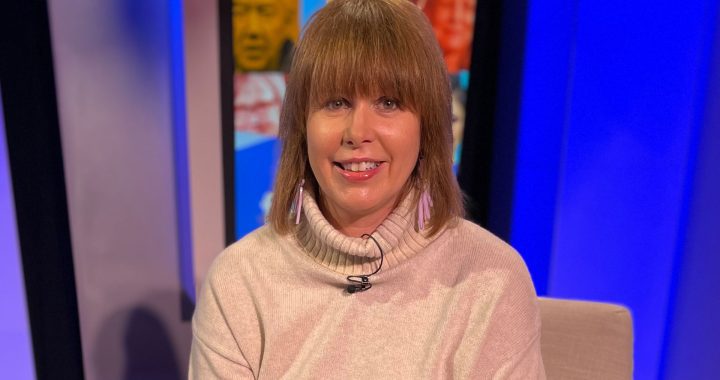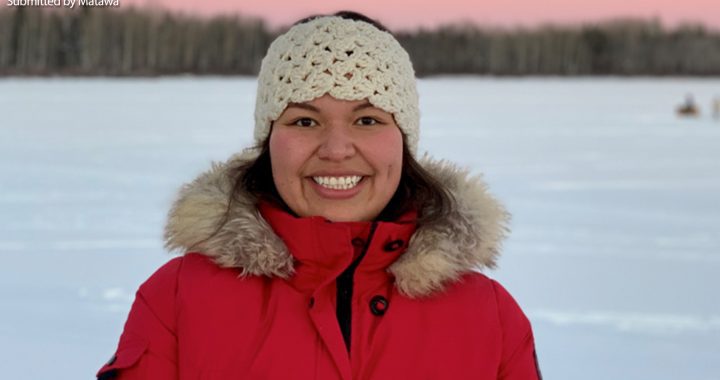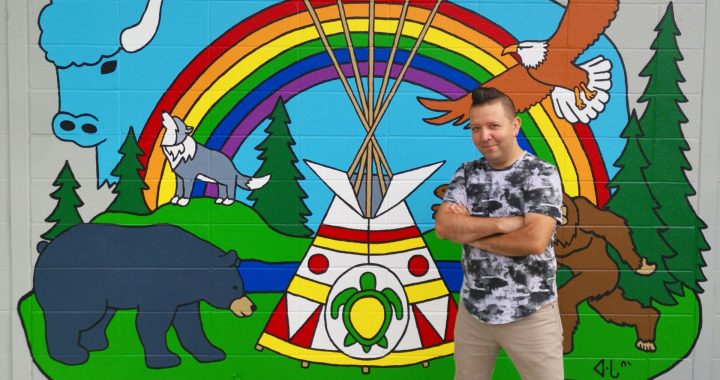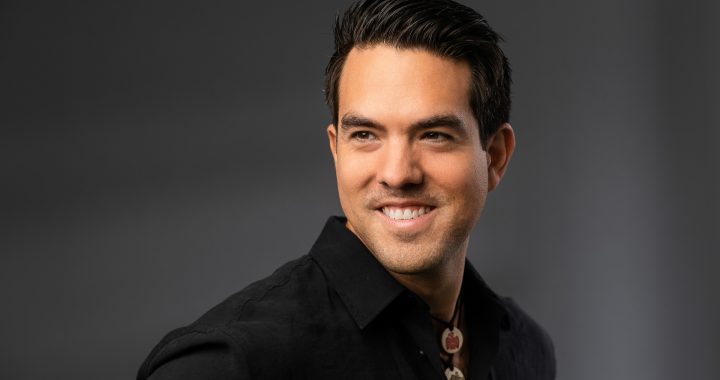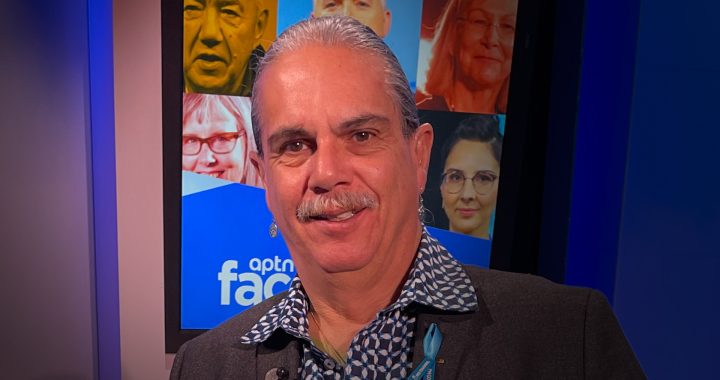Making a film in the midst of a global pandemic is a huge decision and a choice that Sarain Fox did not take lightly.
Fox had to be conscious of the dangers involved with travelling and the fear of bringing COVID 19 into the community and into her auntie’s home.
The small crew that travelled to Batchawana First Nation were tested for COVID 19 weekly and worked closely with chief and council.
“With the pandemic, there was this immediate sense of urgency, that our elders are once again at risk and so for me as an Indigenous person, our elders have been at risk for quite a while and we see that in how much they hold when they go,” says Fox.
“The stories, the songs, the teachings, and I think there was this universality that happened during COVID where collectively as a nation we all started to think about our elders and I think that was a really important moment.”
Inendi is Fox’s directorial debut and a very personal project.
The documentary is about her auntie, Mary Bell, the oldest surviving matriarch in Fox’s family.
Bell is a residential school survivor who also documented stories from other survivors for the Truth and Reconciliation Commission.
In the film, Bell tells her truths about being taken away to residential school, separated from her brother and the mental and physical abuse that went on at the school.
Fox hopes the film and it’s brutal honesty, reaches a non-Indigenous audience.
“I’m not trying to re-traumatize Indigenous audiences by having these really hard traumas be heard over and over again but for Indigenous people, I know we already know these stories, we hear them all the time, so we take them in in a different way,” says Fox on the latest episode of Face to Face.
“For non-Indigenous audiences, I think they need to hear the brutal honesty and the truth of the policies that were in place in this country that were designed to eliminate Indigenous people. They need to be heard, from survivors themselves in their most honest and pure way. And I think that my auntie did a really good job in just speaking her truth and I hope Canadians hear it.”
Aside from producing and directing a documentary during the pandemic, the shutdown has provided an opportunity for Fox to take a step back.
The artist, ambassador and advocate felt her career was accelerating at an unhealthy pace.
Fox is a co-host of Future History on APTN, a dancer, a model for brands like Sephora and Canada Goose, among many other things.
Growing up, Fox didn’t see Indigenous people on billboards or in commercials and is still humbled to see herself on TV and in ads.
Fox says she was bullied intensely growing up and wonders to herself “am I suppose to be here.”
It’s taken a lot of hard work says Fox but don’t call it resiliency.
Just before Christmas, she penned an opinion piece, expressing how she’s come to hate the word, resilience.
“In the same way that I really hate talking about reconciliation, I think its way to soon, I think we’re still needing to talk about truth. I think resilience also gets used in this way where Indigenous trauma, we get gold stars for all of this trauma we’ve been able to overcome and I think that we actually need to move beyond that,” says Fox.
“Indigenous people are incredibly resilient but we’re way more than that. We are overcoming, we are innovating. And I think resilience makes it seem like we just need to survive. And I want to see Indigenous communities thriving.”
Fox, who recently gave birth says she does plan to hibernate for a bit of the winter and enjoy some downtime.
She is looking to work more with her auntie who wants to write a children’s book for Fox’s first born.







